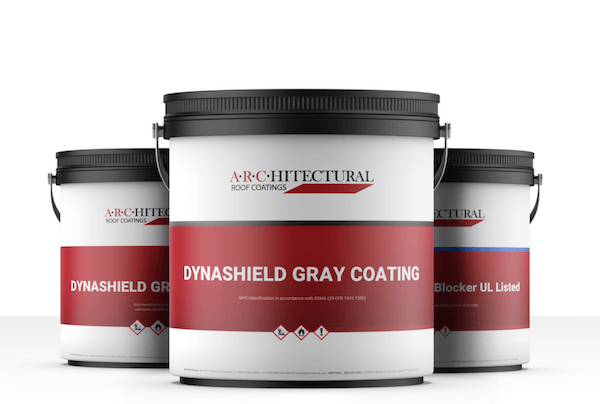What is Roofing Tar?
Roofing tar is quite versatile, and this durable waterproof substance provides protection from water, UV rays, sunlight, and cold weather.
For homeowners, fixing roof problems can be one of the most dangerous DIY projects. Using the wrong roofing tar products or walking on the roof incorrectly can cause extra damage to the roof. Talk with an experienced roofing expert to find the best way to fix any major or minor roofing problems.
Formulation and Types of Roofing Tar
Roofing tar is a dark, oily mixture used on flat roofs to fix leaks. It is made from coal tar and petroleum byproducts. Coal tar is a deep brown or black residue, which is made during coal production process. Coal tar must be refined and processed to meet standards for roofing use.
Coal tar roof cement is a type of roofing tar designed to seal, bond or repair areas on the roof that damaged or are slowly deteriorating. Newer formulations of roofing tar are asbestos free, but may contain solvents, surface adherents, plastics and mineral fillers/fibers. Coal tar roof cement is applied by trowel, while other types of roofing tars are applied like paint or caulk.
Most roofing tar formulas are black in color, but some manufacturers have also created versions in lighter colors like silver and white. Some brands of roofing tar can be painted when dry to match the roof’s original color scheme. Roofing tar can be removed by using a tar remover, but removers may cause damage to certain roofing surfaces.
Uses for Roofing Tar
Bitumen, tar paper and gravel and other types of flat roofs, roofing tar can be used to fix any leaks or even sometimes used as an adhesive. Since formulations for roofing tar vary by brand and type, it’s important to pick the right product.
Tar is sensitive to temperature; temperatures lower than 70F means the substance will take a long time to set. However, in extremely high temperatures, roofing tar will turn into a liquid. Roofing tar’s unique liquid/solid properties make it ideal for flat and low slope roofs, where it can be self healing and fix leaks. However, roofing tar should not be used on high slope roofs, since it will turn liquid at high temperatures and drip off. Also, roofing tars should not be used on asphalt products or thinned with water or other solvents.
ARC’s® roof coatings are formulated to provide maximum water resistance
a highly reflective roof surface, and maximum UV protection. With the development of the Styrene Ethylbutlyene Styrene (SEBS) reflective roof coatings, a product emerged that not only withstands ponding water, but also provides high reflectivity and prevents damage by solar ultraviolet radiation.
ARC Roof Coatings®
APPLICATIONS
- APP membranes
- SBS membranes
- Built-up roof membranes
- EPDM or HYPALON roofs
- Metal roofs
- Concrete, concrete block, brick or stucco surfaces for waterproofing.
ARC Reflective Roof Coatings®
FEATURES
- Elongation properties of 600%
- Tensile strength of 1000% psi
- Water absorption rate of 0.004%
CUSTOMER REVIEWS
Quick Contact
"*" indicates required fields




To Order ARC Roof Coatings®
Find Us
4821 Grisham Dr. Rowlett, TX.
Talk To Us
PHONE: 972-864-0240
Email Us
info@arccoat.com

